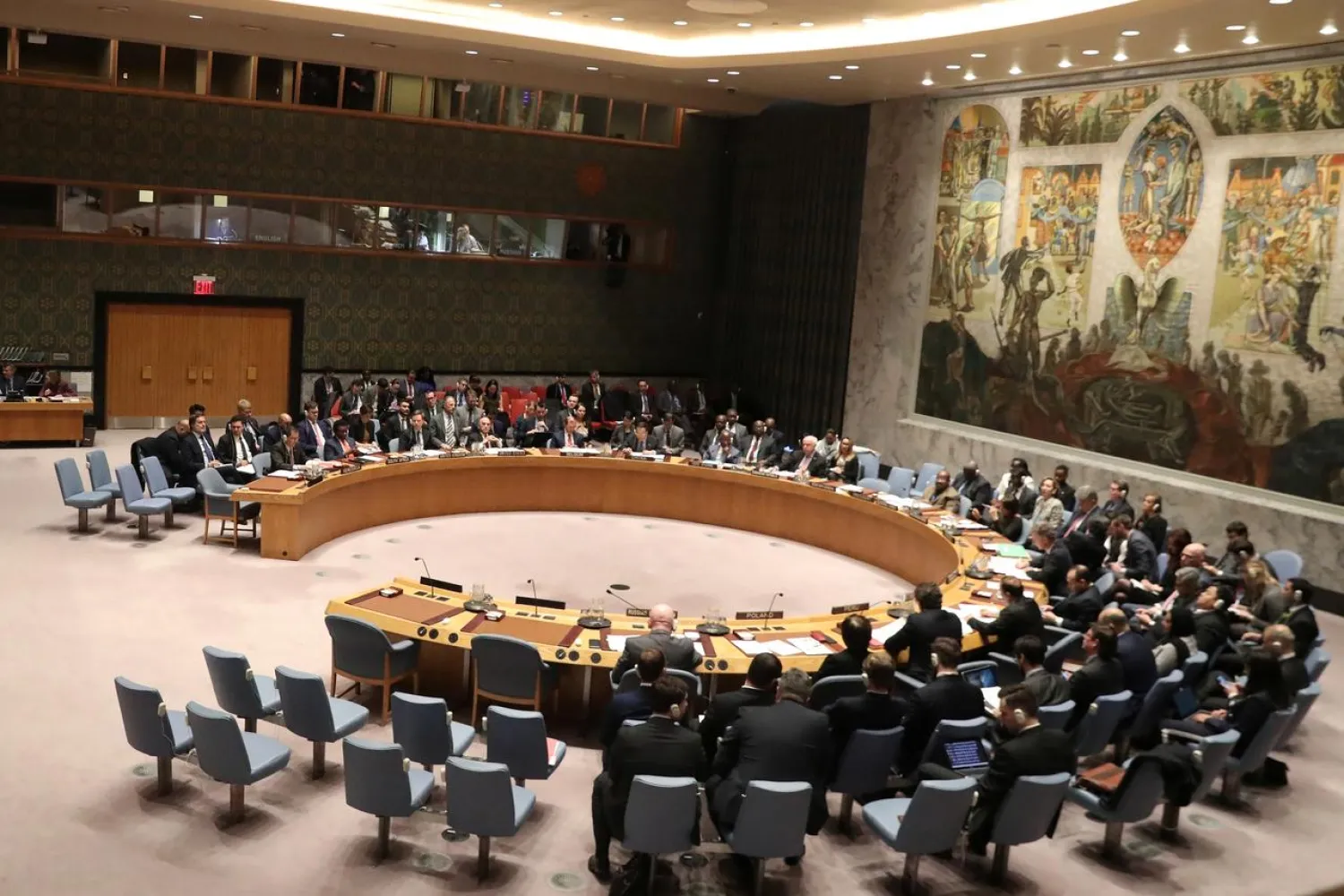The UN Security Council on Thursday held its first meeting on the risk of mercenaries in Libya dispersing to other countries such as Chad, whose president recently died from wounds sustained during battle.
The closed-door session was requested by members Kenya, Niger and Tunisia, before the death of President Idriss Deby Itno, who was injured on the frontlines of his country's north, where the Chad army has been fighting Libya-based rebels.
According to diplomats, there are estimated to be "more than 20,000" foreign mercenaries in Libya, whom Libyan authorities, UN officials and world powers have demanded leave.
However, dispersal of the mercenaries could represent a new risk for the region.
Forcing the fighters from Libya could have an "impact" on security in the rest of the Sahel, said one diplomat, speaking anonymously.
Another cautioned the international community against solving the problem in Libya by starting another one elsewhere.
Several sources told AFP that no discussion occurred concerning withdrawal of the fighters during the Security Council meeting.
Two diplomatic sources confirmed that Security Council members on Thursday had established a direct link between the withdrawal of mercenaries and foreign fighters in Libya with what occurred in Chad.
The UN is looking at some kind of coordinated withdrawal of fighters from Libya, the diplomats said.
"Without good control, without effective support, what happened in Chad could repeat itself again in this country or it could extend from the Sahel to the Horn of Africa, to Sudan, to South Sudan, to Niger, Ethiopia, the Central African Republic, to Mozambique," a diplomat said.
Tensions were high between the United States and Russia during Thursday's meeting, diplomats told AFP, because of the Wagner Group, a paramilitary organization with ties to Moscow that the Americans have tied to Chadian rebels.
Russia's Ambassador to the UN Dmitry Polyanskiy said during a press conference just before the Security Council meeting that the allegations were untrue.
"This is like really a very fascinating Hollywood script. It has nothing to do with reality. There are no facts, only reports," he said.









